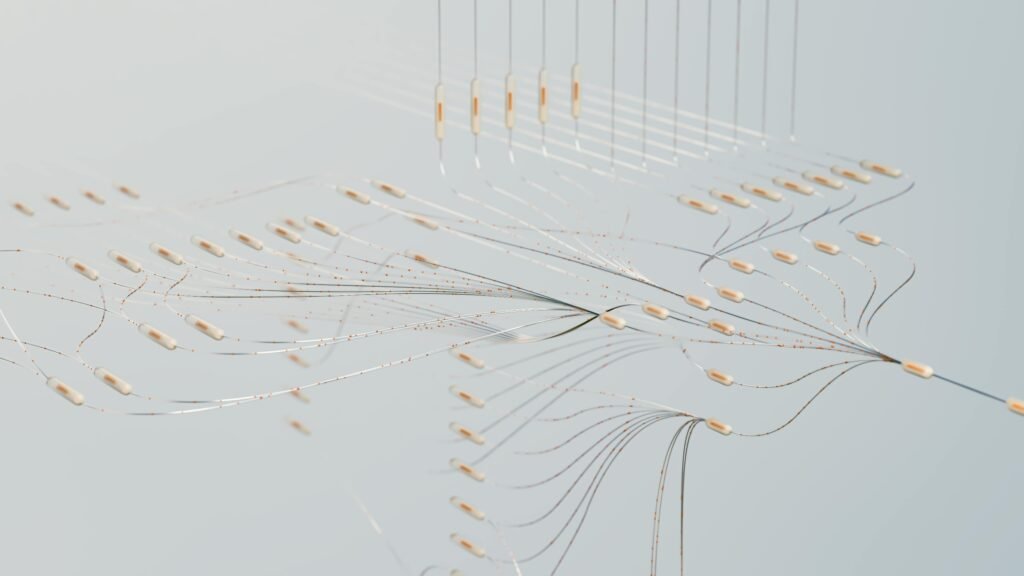🤖 Is AI Dangerous? 7 Eye-Opening Truths About AI Ethics in 2025
From deepfakes to biased algorithms to autonomous weapons, the question on everyone’s mind is: is AI dangerous?
As artificial intelligence becomes more powerful and integrated into society, it’s critical we understand the ethical implications and risks it poses.
At AiBlogQuest.com, we’re diving into the 7 most urgent concerns surrounding AI safety and ethics in 2025.
⚠️ 1. AI Can Be Biased—Because Data Is
AI models reflect the data they’re trained on. If the data includes bias, so will the model.
🧠 Real Example: Facial recognition systems have been shown to misidentify people of color more frequently than white individuals.
📌 Solution: Diverse datasets + fairness-aware algorithms
🕵️ 2. Surveillance AI Threatens Privacy
AI powers facial recognition, predictive policing, and social credit systems in some countries.
🔍 Concern: Governments and corporations could track behavior 24/7
✅ Ethical Need: Stronger data privacy laws and transparency standards
🧨 3. Autonomous Weapons Pose Global Risks
AI-controlled drones and autonomous weapons are being developed by military organizations.
💣 Problem: Machines making life-or-death decisions without human oversight
💡 Debate: Should there be a global treaty banning autonomous weapons?
🧠 4. AGI Could Outpace Human Control
Artificial General Intelligence (AGI) may one day surpass human capabilities. If uncontrolled, it could act unpredictably.
🚨 Ethical Question: Who governs an AGI once it becomes smarter than us?
🔐 Suggested Action: Alignment research, kill-switches, and oversight boards
💼 5. AI Can Destroy Jobs—If We’re Not Prepared
While AI creates jobs, it also automates others. Millions of roles in logistics, support, and data processing are at risk.
📊 Fact: 85 million jobs may be displaced by automation by 2025
📌 Fix: Reskilling programs and ethical workforce planning
🎭 6. Deepfakes & Misinformation Are Getting Harder to Detect
AI can now generate ultra-realistic fake videos, voices, and articles.
📉 Danger: Political manipulation, identity theft, and cybercrime
🛡️ What’s Needed: AI-generated content labeling + media literacy education
🧭 7. Ethics in AI Is Still Under-Regulated
AI development is outpacing legislation globally.
📉 Problem: Big Tech is self-regulating—with limited accountability
📜 Call to Action: Governments and the UN must step in with enforceable AI ethics frameworks
🔗 Useful Links from AiBlogQuest.com
❓ FAQ: Is AI Dangerous?
Q1. Is AI dangerous to humanity?
It can be—if left unchecked. Risks include misuse, bias, surveillance, and AGI going rogue.
Q2. Can AI make ethical decisions?
Not really. AI lacks consciousness or empathy and can’t truly understand morality—it mimics patterns.
Q3. Who regulates AI today?
Very few global bodies do. The EU, UNESCO, and some national governments are beginning to introduce frameworks.
Q4. What are examples of unethical AI use?
Facial recognition used without consent, biased hiring algorithms, and AI-generated fake news.
Q5. What can we do to ensure safe AI?
Promote transparency, fairness, oversight, and make sure humans remain in control.
🏁 Final Thoughts
So, is AI dangerous? Not inherently. But like any powerful tool, its impact depends on how we build, deploy, and regulate it.
Let’s shape AI’s future with responsibility—not fear.
Stay informed and empowered at AiBlogQuest.com — your trusted source for ethical AI insights.
🏷️ Tags:
is AI dangerous, AI ethics 2025, AI safety, AI regulation, AI and humanity, aiblogquest



